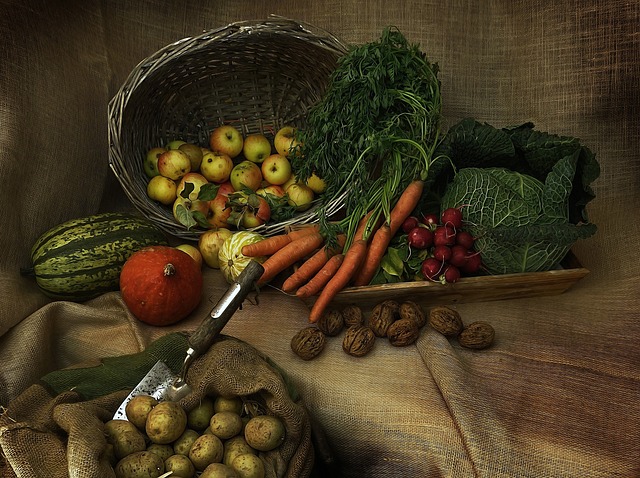As a responsible pet owner of an exotic animal, providing a balanced diet is essential for maintaining your pet’s overall health and well-being. However, it can be challenging to determine the best diet for your pet due to their unique nutritional requirements. In this article, we will discuss the key points to consider when creating a balanced diet for your exotic pet.
A balanced diet should meet the specific nutritional needs of your exotic pet. This includes providing essential vitamins and minerals, as well as amino acids, carbohydrates, and fats. The quality and quantity of food can vary greatly depending on the type of animal and their age, size, and activity level. It is crucial to consult with a veterinarian or a qualified animal nutritionist to ensure that your exotic pet is receiving the best possible diet.
Here are some key points to consider when creating a balanced diet for your exotic pet:
* Ensure the food is nutrient-rich: A balanced diet should provide essential nutrients such as protein, vitamins, and minerals.
* Choose high-quality commercial foods: There are many excellent commercial food options available for exotic animals. Look for foods that are made with fresh ingredients and are formulated specifically for your pet’s life stage (e.g., kitten or adult) and lifestyle (e.g., carnivore or herbivore).
* Consider homemade diets: If you prefer to feed your pet a homemade diet, be sure to use only the freshest, highest-quality ingredients. A well-planned homemade diet can be an excellent option for pets with specific dietary needs.
* Provide fresh water: Fresh water should always be available for your exotic pet. Change the water frequently to ensure it remains clean and free of bacteria.
* Consider supplements: Depending on your pet’s nutritional needs, you may need to add supplements to their diet. Always consult with a veterinarian before adding any new supplements.
Some popular balanced diets for exotic pets include:
* A commercial food specifically formulated for birds such as canaries or parrots.
* A high-quality pellet diet for small mammals like ferrets or rabbits.
* A nutrient-rich meat-based diet for carnivores like reptiles or amphibians.
Here are some steps to follow when creating a balanced diet for your exotic pet:
1. Consult with a veterinarian: Before making any changes to your pet’s diet, consult with a veterinarian to determine the best course of action.
2. Research nutritional requirements: Learn about the specific nutritional needs of your exotic pet and make sure their diet is meeting those needs.
3. Choose high-quality food: Select a reputable commercial food or create a homemade diet that meets your pet’s nutritional needs.
4. Provide fresh water: Always ensure access to clean, fresh water for your exotic pet.
By following these key points and steps, you can provide your exotic pet with a balanced diet that promotes optimal health and well-being. Remember, every pet is different, so it may take some trial and error to find the best diet for your specific pet.
The main point of this article is that creating a balanced diet for exotic pets requires careful consideration and research. By following key points such as ensuring nutrient-rich food, choosing high-quality commercial or homemade options, providing fresh water, and considering supplements, you can provide your exotic pet with the best possible diet. It is also essential to consult with a veterinarian before making any changes to your pet’s diet to ensure their nutritional needs are being met.
Conclusion: Providing a balanced diet for exotic pets is essential for maintaining their health and well-being. By following key points such as ensuring nutrient-rich food, choosing high-quality commercial or homemade options, providing fresh water, and considering supplements, you can provide your exotic pet with the best possible diet. Always consult with a veterinarian before making any changes to your pet’s diet to ensure their nutritional needs are being met.
Tags: balanced diet for exotic pets, exotic pet nutrition, pet diet, animal nutrition

